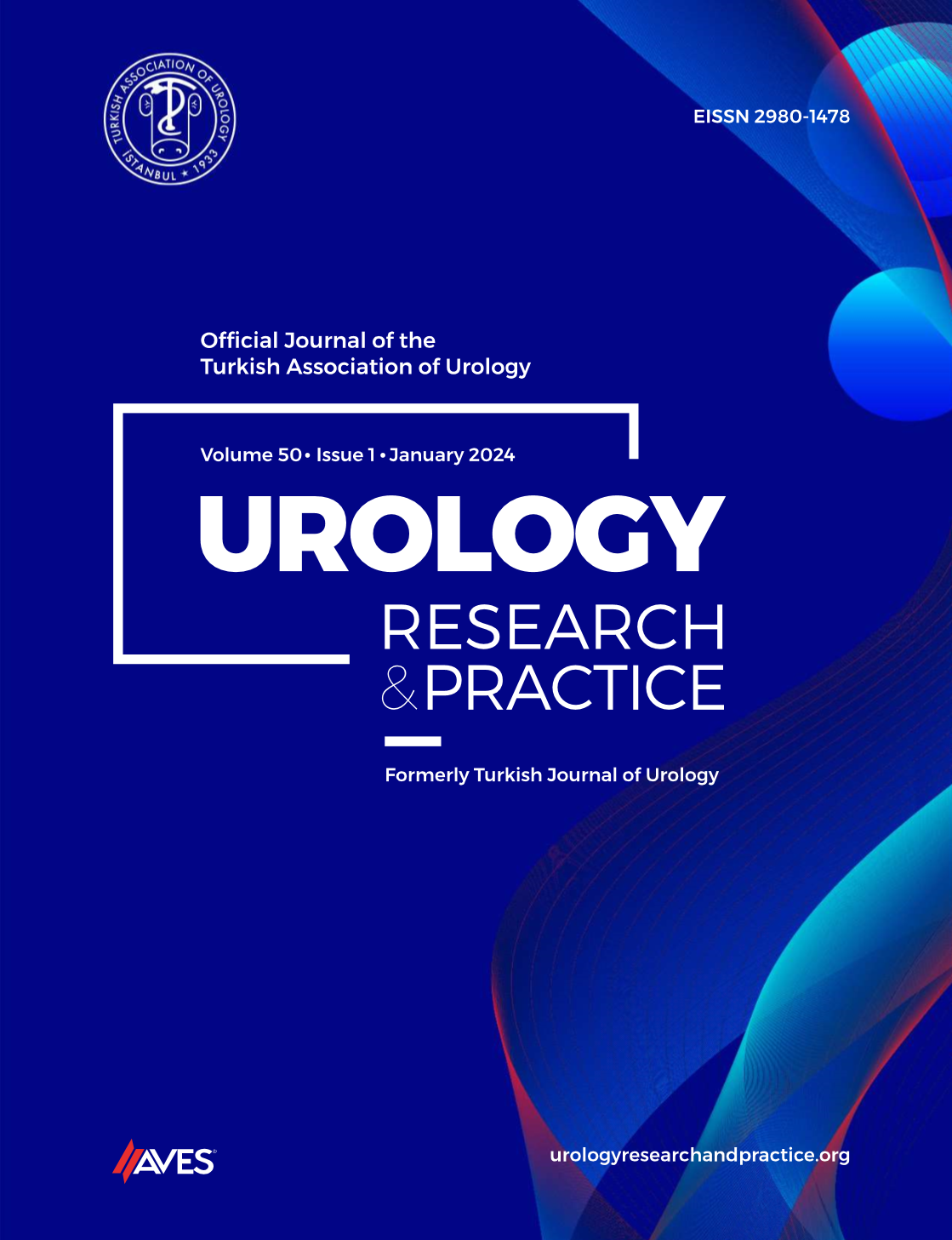Abstract
Objective: Sexual dysfunction considerably affects the life of patients with multiple sclerosis. In this study, we aimed to investigate the relationship between sexual dysfunction and the type and degree of multiple sclerosis in patients, in addition to the effects of sexual dysfunction on their quality of life.
Material and methods: Fifty-eight patients (33 females and 25 males) with multiple sclerosis were included in the study. All of the patients underwent a detailed neurological examination, according to the clinical course of multiple sclerosis. For the assessment of quality of life, the Expanded Disability Status Scale (EDSS), Barthel Index (BI) for daily-life activities, and the Multiple Sclerosis Quality of Life-54 Instrument (MSQOL-54) were used. To determine sexual dysfunction, the Female Sexual Function Index (FSFI) and International Index of Erectile Function Questionnaire (IIEF) were used for females and males, respectively. The relationship between the scores of FSFI, IIEF and MSQOL-54, EDSS, BI was investigated.
Results: The average age of the patients and the period of disease were 38.24±1.28 and 7.30±0.84 years, respectively. The mean scores were 2.88±0.26 for EDSS, 88.62±2.64 for BI, 59.10±2.90 for the mental health score of MSQOL-54 and 59.11±2.84 for physical health score of MSQOL-54. Sexual dysfunction was observed in 19 females (57.6%) and 16 males (64.0%) with MS. There were no statistically significant differences in the FSFI and IIEF scores among subtypes of multiple sclerosis (p>0.05). The FSFI and IIEF scores were correlated with MS quality of life scores. However, FSFI and IIEF were not correlated with the period of disease, EDSS or Barthel scores (p>0.05).
Conclusion: Sexual dysfunction is frequently observed in multiple sclerosis patients. The decrease in quality of life due to sexual dysfunction is independent from the type of MS and the disability state of patients.

.png)


.png)